Search: WCEL
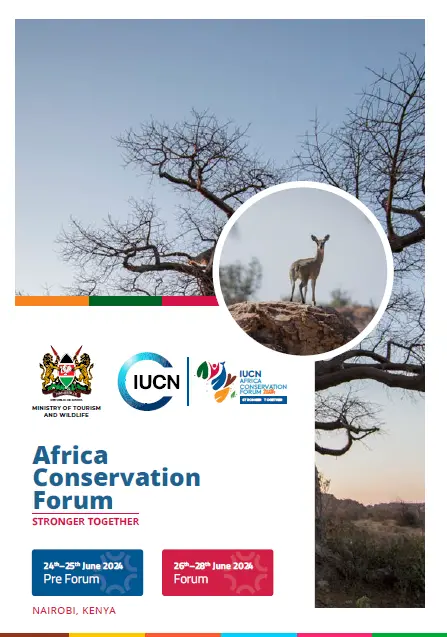
Brochure | 2024
IUCN Africa Conservation Forum 2024
African Solutions for Nature and People: Creating transformative responses to the biodiversity and climate crisis in Africa.
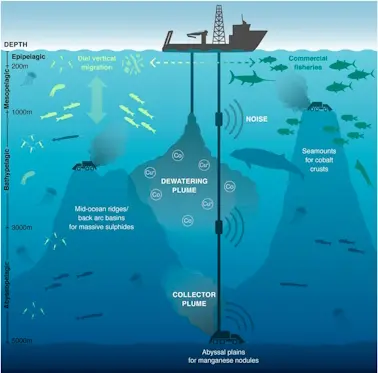
Grey literature | 2024
Deep Seabed Mining and Human Rights Statement
Deep seabed mining could negatively impact human rights on many levels, in spite of how its remoteness and depth can make many people feel disconnected from consequences.
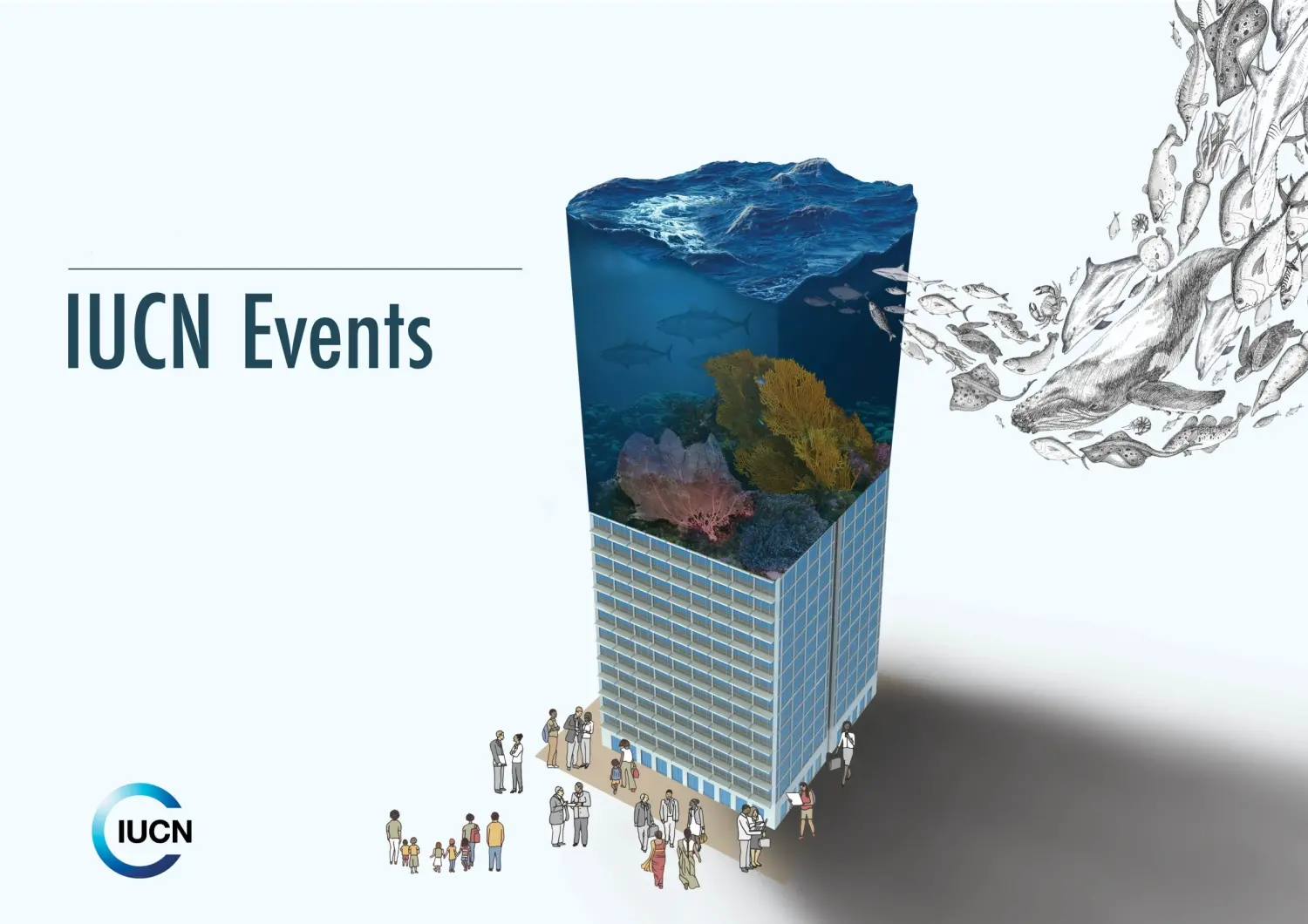
IUCN event
COP28 IUCN Ocean events and more
Join us in Dubai, United Arab Emirates, for the 28th UNFCCC Conference of the Parties (COP28), a global climate change forum bringing together scientists, government and industry leaders, and professionals of all walks of life to inform, inspire and act on climate change.
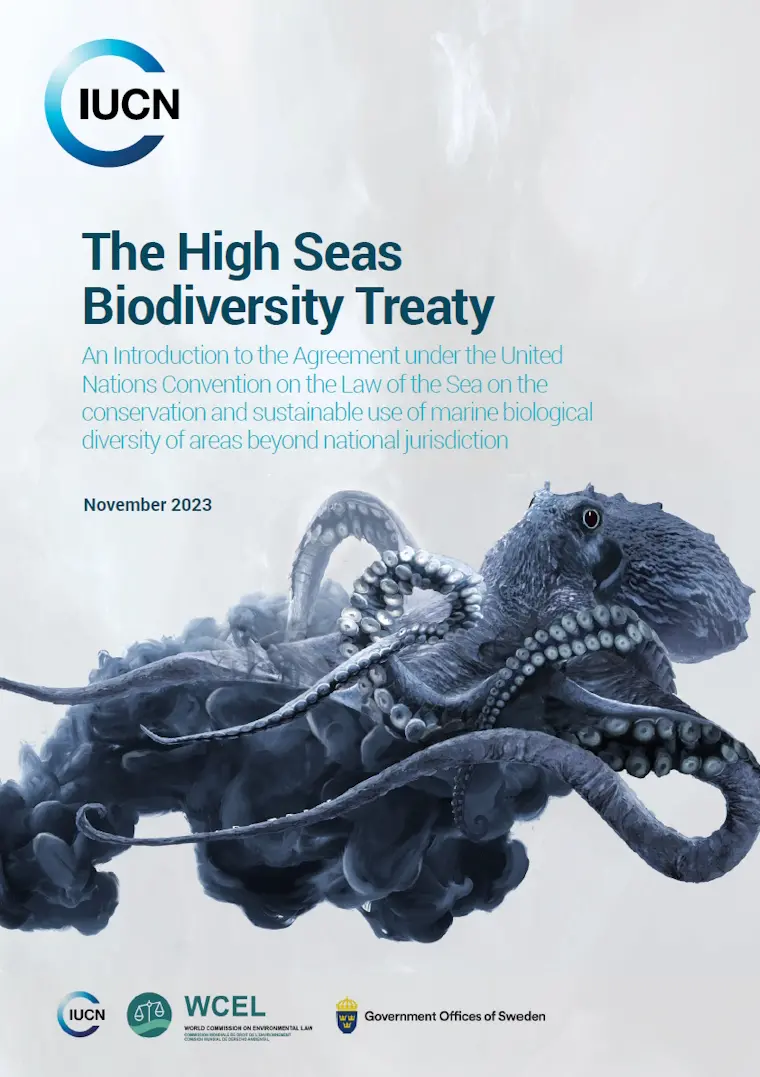
Grey literature | 2023
High Seas Biodiversity Treaty Policy Brief
An Introduction to the Agreement under the United Nations Convention on the Law of the Sea on the conservation and sustainable use of marine biological diversity of areas beyond national jurisdiction
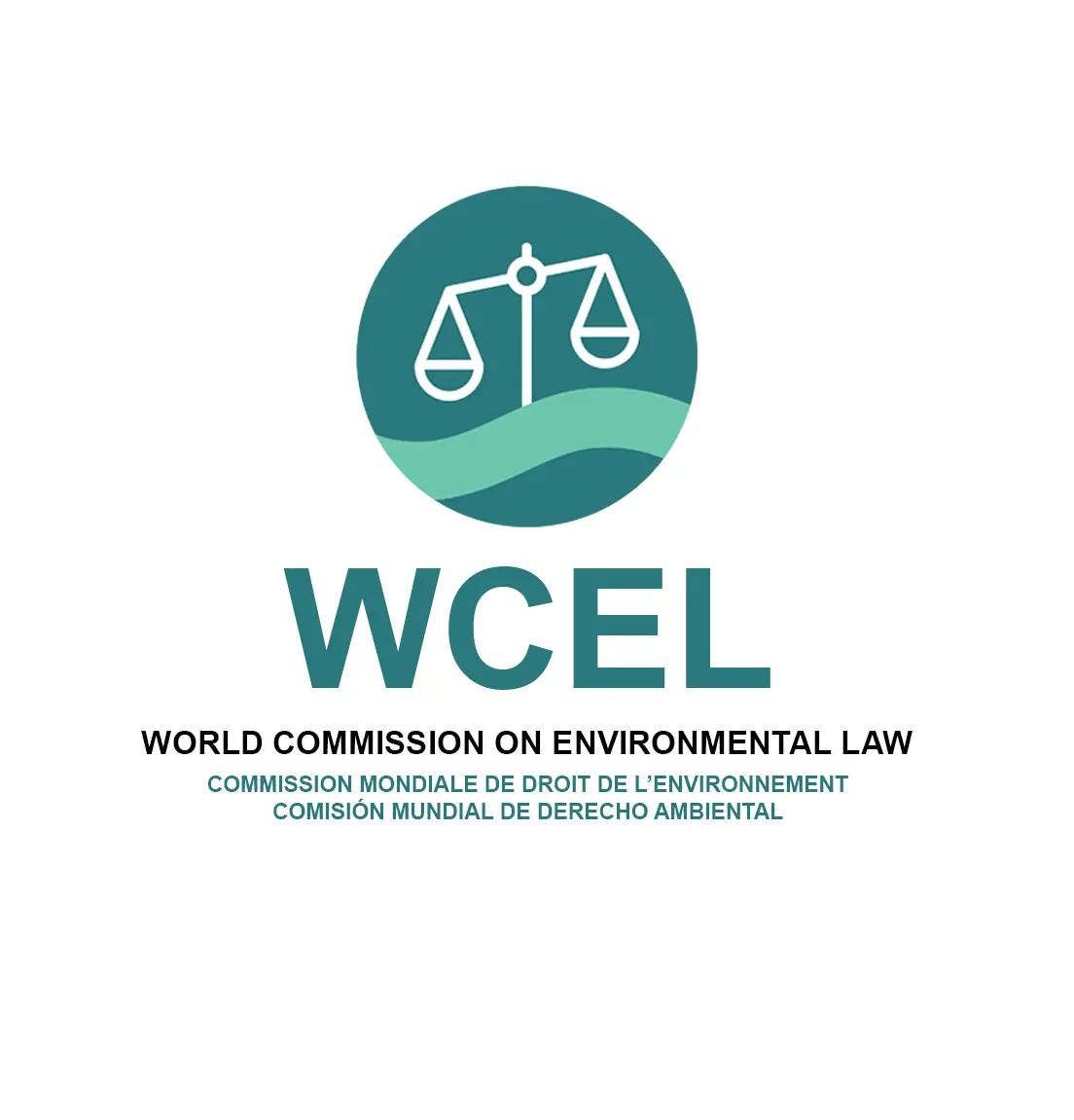
Information brief | 2023
Compilation of IUCN WCEL Briefings for Negotiators for INC-3
In 2022, the IUCN World Commission on Environmental Law (WCEL) created the Plastic Pollution Task Force to provide insights and support to the Treaty negotiation process. The following series of ten targeted legal briefs are part of the IUCN Submission for the third Intergovernmental Negotiating…
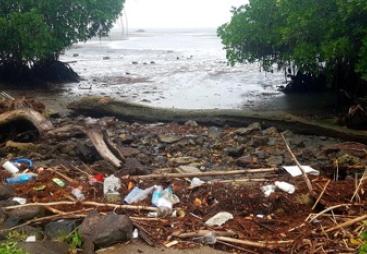
Page | 04 Feb, 2022
Every year, millions of tons of plastic end up in our ocean and rivers. However, plastics are only one type of pollution driving the decline in the health of our global ocean. The ocean is also threatened by eutrophication (nutrient load), sediment load, light pollution, marine resource…
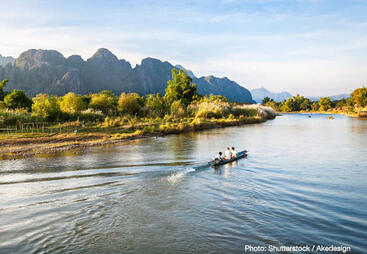
Page | 04 Feb, 2022
Ecosystem-based Adaptation (EbA), also referred to as Nature-based Solutions for Adaptation, involves a wide range of ecosystem management activities, such as the sustainable management of forests, grasslands, and wetlands, that increase the resilience and reduce the vulnerability of people and…

Story | 23 Aug, 2019
Indigenous Perspectives on Sacred Natural Sites
WCEL members Jonathan Liljeblad and Bas Verschuuren co-edited a book featuring indigenous voices and indigenous perspectives on indigenous sacred sites.
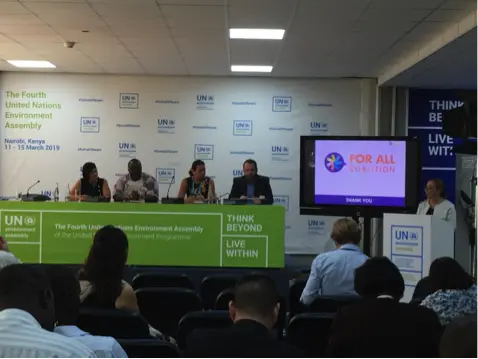
Story | 19 Apr, 2019
By Kate Logan - Adoption of UN resolution promoting gender equality and safeguarding the rights of women and girls in environmental protection efforts is a crucial step towards protecting the rights of the most vulnerable.
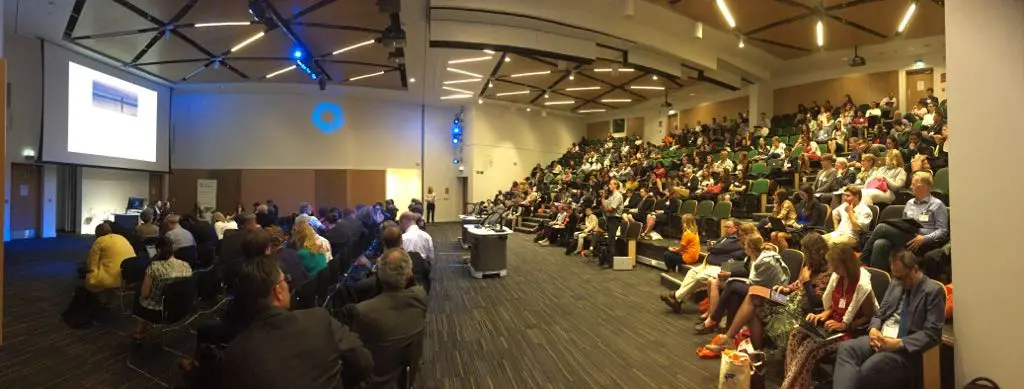
Story | 11 Jul, 2018
16th IUCN Academy of Environmental Law Colloquium
Strathclyde University in Glasgow, Scotland hosted the 16th IUCN Academy of Environmental Law Colloquium from 4-6 July 2018. Many WCEL Members presented and participated in the event.
